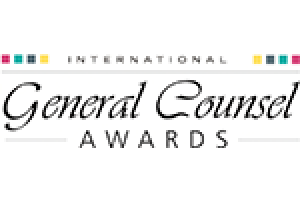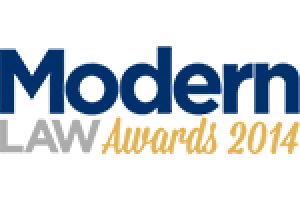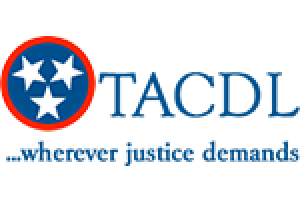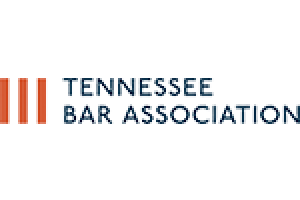Dedicated. Passionate.
DUI Checkpoints
Criminal Defense Attorney Assisting Drivers in the Nashville Area
In most situations, the police must have probable cause that someone is driving under the influence (DUI) of alcohol or drugs in order to pull them over. DUI checkpoints are an exception to the general rule. In Tennessee, law enforcement officers may set up DUI checkpoints at a predetermined location to check whether drivers are impaired. However, the checkpoint must meet certain legal standards. If you have been arrested for a DUI after a sobriety checkpoint, a Nashville DUI lawyer can review the evidence to determine whether the checkpoint was conducted properly. Attorney Bernie McEvoy has defended people against DUI charges in Davidson and Williamson Counties. He can provide advice regarding DUI checkpoints and work tirelessly to protect your rights after an arrest.
Tennessee DUI Checkpoints
Tennessee law enforcement agencies routinely use DUI checkpoints to combat drunk and drugged driving. DUI checkpoints, also known as sobriety checkpoints, are traffic stops conducted by law enforcement to check drivers for signs of alcohol or drug impairment. The Tennessee Highway Patrol is required to provide the dates of upcoming checkpoint enforcement locations. Most sobriety checkpoints are scheduled at night or during holiday weekends, such as Memorial Day or Labor Day. Sobriety checkpoints may also lead to citations for traffic violations, such as seat belt use or an expired license plate, or arrests for criminal offenses, such as drug crimes.
When conducting a DUI checkpoint, law enforcement officers will be stationed at a particular point of the roadway and, using warning lights and roadblocks or barricades, filter traffic into one lane. The officers must either pull over every vehicle traveling through the roadblock, or use an objective method to stop certain cars, such as every third vehicle that passes. When a vehicle is stopped at a sobriety checkpoint, an officer may lawfully request the license, registration, and insurance information of the driver. The stops should be as brief as necessary, but if a police officer suspects that a driver is intoxicated, they may ask the driver to exit the vehicle and perform field sobriety tests. The police may also request a breath test if there is cause to believe that the driver is intoxicated.
Understand Your Rights
Getting stopped at a DUI checkpoint can be a nerve-wracking experience. Understanding your legal rights during the encounter may help you avoid unnecessary problems. In general, being polite and compliant may expedite the process. However, you have a constitutional right against self-incrimination, which you may exercise by politely and firmly refusing to answer questions about whether you have been drinking or using drugs. You also have the right to refuse if the police officer asks for your consent to search your vehicle. In addition, if you know that a sobriety checkpoint is being conducted at a particular intersection, you may take another route to avoid the roadblock. However, you may not violate any laws when doing so, like making an illegal U-turn, changing lanes without signaling, or reckless driving.
If your DUI charge arose from a sobriety checkpoint that was not set up properly by law enforcement, or if the police violated your constitutional rights during the stop, you may be able to beat or reduce the charges. A lawyer can answer any questions you may have concerning potential defenses to a DUI charge as well as your legal rights at a DUI checkpoint.
Consult a Defense Attorney in Nashville About DUI Checkpoints
If you have been arrested at a DUI checkpoint, an experienced defense lawyer can help you fight the charges. Attorney Bernie McEvoy represents people facing charges for DUIs, drug crimes, and other criminal charges in Davidson and Williamson Counties, particularly in Nashville and Franklin. Schedule a free consultation with a qualified lawyer by contacting the Law Office of Bernie McEvoy today. We are available by phone at (615) 255-9595 during business hours and (615) 804-8779 on evenings and weekends, or contact us online at any time.





